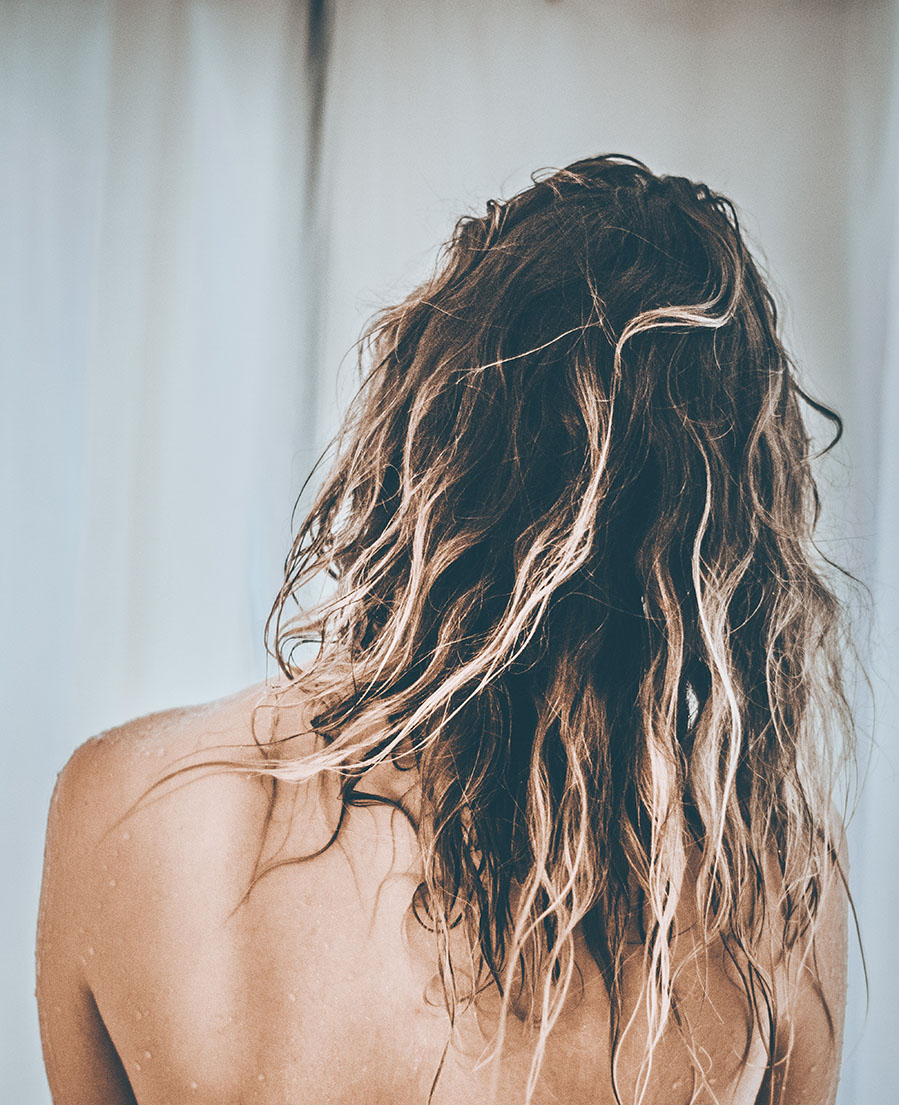In the drain, on the floor, on your pillow, in your brush? Pavithra Rao, Co-founder, WaterScience explains the underlying reasons of hair fall, and how it can be controlled to slow down the process of hair loss.
Hair fall can be worrying indeed. While hair loss is often thought of as a man’s problem, at least a third of women experience thinning hair at some point in their lives. The good news is that hair fall in most cases can be managed with lifestyle changes.
Hereditary hair loss: Genetics & age is the most common cause of hair loss or baldness. If your parents and grandparents suffered hair loss, then your hair loss too will begin around the same time as theirs did. There are remedies, treatments and lifestyle changes that one can make to slow this process down. However, it is important to address the problem at the earliest, when you first begin to notice thinning hair. Once the hair is lost it is unlikely that it will grow back so it is advisable to begin lifestyle and hair care changes and routines as early as possible. If excessive hair fall continues it is best to consult a dermatologist.
Hard water: Hard water & Chlorine, which are commonly present in our tap water, are harmful to your hair health as it deposits on, and blocks the pores on your skin & scalp preventing them from absorbing the right hydration and nutrition – causing dryness, damage, breakage and eventual hair loss. The solution to this, is to change your water. Bathing in filtered/drinking water is not one option but is not always practical. Instead, invest in a hard water treatment solution like a Shower & tap filter. Clean water is critical to your hair care regime and can play a huge role in controlling your hair fall issue.
Nutrition & hydration: If you’re not getting enough biotin, iron, protein or zinc in your diet or via supplements you will suffer from noticeable hair loss. It is important to have a balanced diet and drink plenty of water. Besides drinking water, your hair also absorbs hydration and nutrition from the air and from the water used to wash your hair. If you spend hours in air-conditioned rooms or live in a location with very dry climate, this too could affect the health of your hair. Water, too – plays a huge role in hair health. Hard water & Chlorine cause dryness, damage, breakage and eventual hair loss. However, this hair loss can be controlled. Eat a well-balanced meal, drink plenty of water and ensure the water you use to wash your hair is clean and void of contaminants and chemicals like Chlorine or Hard water salts and other sediments.
Hair treatments & hairstyles: Harsh treatments like frequent coloring, bleaching, perming, straightening as well as hairstyles and combing habits that pull at the hair could cause permanent hair loss as it damages the follicles. Once you damage a hair follicle, hair cannot grow from that follicle. The only remedy is to care for your hair better, reduce the frequency of harsh treatments, change your hairstyle and comb pattern. Combing the hair backward damages the delicate hair along your forehead and temple. Even your shampooing and towel drying style could contribute to your hair health. Being gentle with your hair can go a long way in reducing hair damage and hair fall.
Stress & Sleep: Stress is usually accompanied by hair loss. It could be daily stress in your work or relationships or during a stressful time in your life, such as a divorce or death of a loved one. If the stress stops, your body will readjust and the excessive shedding will stop, and within a year the hair should grow back. Inadequate sleep, a change in sleep cycles or unhealthy sleep habits, affects hair health considerably. If you pay attention closely you will notice that your sleep and hair loss are inter-connected. A not so common term is “jet-lag hair fall”. The stress of travel and the lack of sleep contributes to an increase in hair loss. This is not permanent and can be kept in check if you make an effort to rest well and have good sleep habits.
Most contributors of hair fall can be addressed with small lifestyle changes. Eat well, sleep well, hydrate, de-stress, invest in good hair care products such as serums, water filters or softeners and say goodbye to excessive hair fall.






